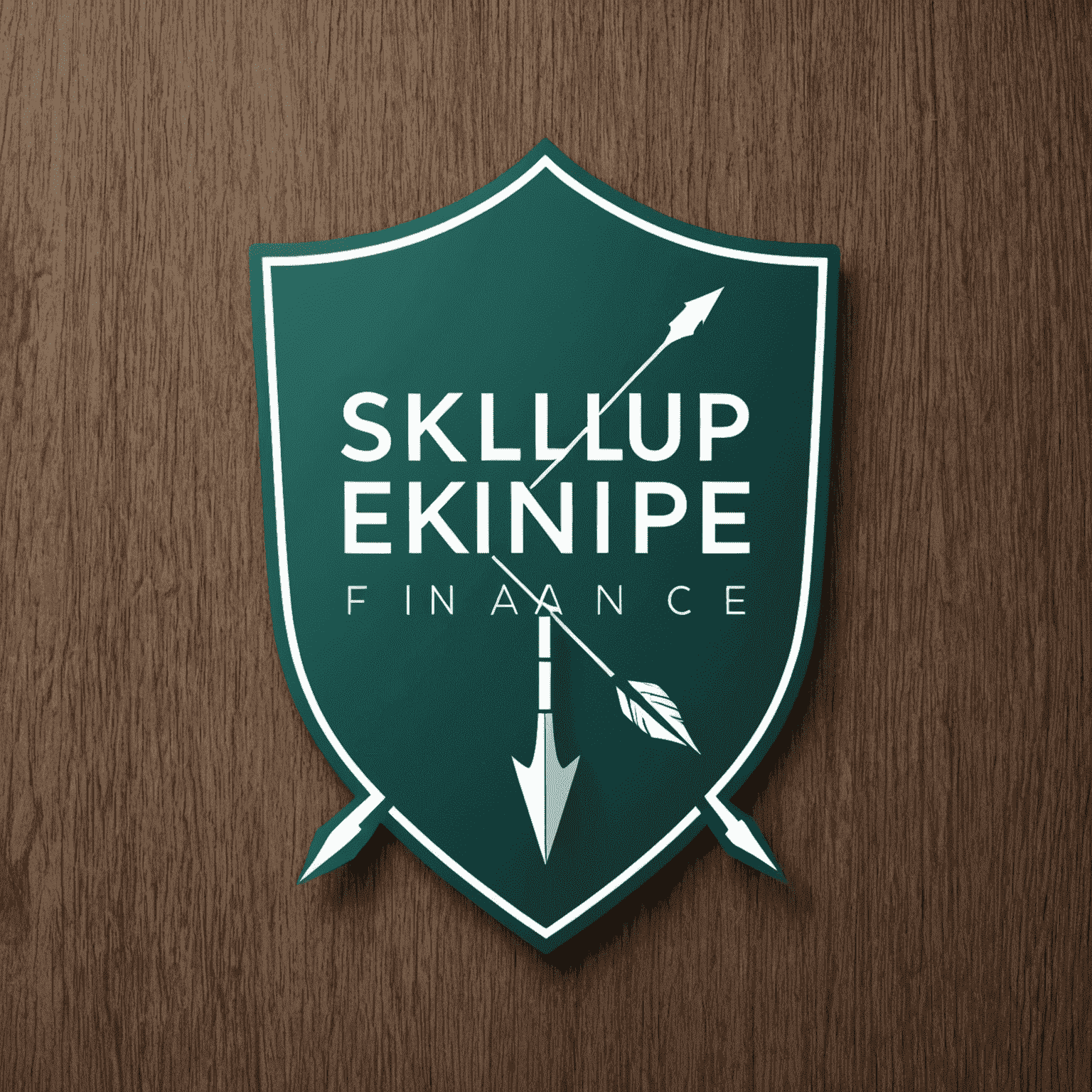Debt Management Strategies

Dealing with debt can be overwhelming, but with the right strategies and mindset, you can take control of your financial future. At SkillUp Finance, we're here to provide you with practical solutions to manage and reduce your debt effectively.
Understanding Your Debt
The first step in debt management is gaining a clear picture of your financial situation. List all your debts, including credit cards, personal loans, and any other outstanding balances. Note the interest rates and minimum payments for each.
Creating a Budget
Develop a comprehensive budget that accounts for all your income and expenses. This will help you identify areas where you can cut back and allocate more funds towards debt repayment.
Quick Tip: The 50/30/20 Rule
Consider using the 50/30/20 budgeting method: 50% of your income for needs, 30% for wants, and 20% for savings and debt repayment. Adjust these percentages as needed to accelerate your debt reduction.
Debt Repayment Strategies
- Snowball Method: Focus on paying off the smallest debt first while making minimum payments on others. This can provide quick wins and motivation.
- Avalanche Method: Target the debt with the highest interest rate first. This approach saves you more money in interest over time.
- Debt Consolidation: Consider consolidating multiple debts into a single loan with a lower interest rate to simplify repayment and potentially save on interest.
Negotiating with Creditors
Don't hesitate to reach out to your creditors. Many are willing to work with you on repayment plans or may offer hardship programs. You might be able to negotiate lower interest rates or waived fees.
Remember
Be honest about your financial situation and demonstrate your commitment to repaying your debts. This can go a long way in negotiations.
Increasing Your Income
Look for ways to boost your income to accelerate debt repayment. This could include taking on a part-time job, freelancing, or selling items you no longer need. Every extra dollar can make a difference in your debt reduction journey.
Avoiding New Debt
While working on paying off existing debt, it's crucial to avoid taking on new debt. Consider using cash or a debit card for purchases and leave credit cards at home to resist temptation.
Building an Emergency Fund
Start building an emergency fund, even if it's small at first. This can help prevent you from relying on credit cards for unexpected expenses.
Seeking Professional Help
If you're feeling overwhelmed, don't hesitate to seek help from a financial counselor. In Australia, free financial counseling services are available through the National Debt Helpline (1800 007 007).
Stay Motivated!
Remember, managing debt is a journey. Celebrate small victories along the way and stay focused on your long-term financial goals. With persistence and the right strategies, you can achieve financial freedom.
At SkillUp Finance, we're committed to helping you develop the skills and knowledge needed to take control of your financial future. Use these strategies as a starting point, and remember that every step towards reducing your debt is a step towards greater financial stability and peace of mind.
